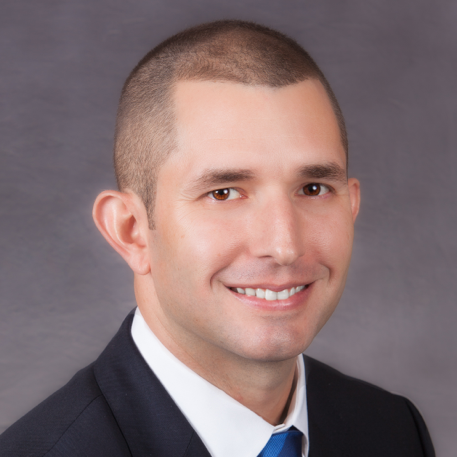Every week, we ask a Miami real estate professional for their thoughts on the top three stories from the week before. This week, we spoke with Phil Stevenson, one of 10 certified reverse mortgage specialists in the state of Florida working with PS Financial Services.
Miami Agent (MA): The new reverse mortgage rules coming into effect in late April will place new requirements on income and credit. The changes were a response to program losses in 2012, but a solid 2013 raises questions to the necessity of these changes, especially considering the impact they’re likely to have on homeowners with a low income and/or low credit score. Do you think these changes are necessary, and when they come into effect, what options will homeowners with lower income or poor credit scores have?
Phil Stevenson (PS): Is it necessary? Yes, and the reason why is there are a lot of people going into foreclosure and they’re only make $800 a month; yet, even after we pay off their mortgage and get them out of foreclosure, $800 a month doesn’t cover the monthly tax and insurance expenses. So, there is about 9 to 10 percent of reverse mortgages that are in tax or insurance default. The whole point of this is to see if all the borrowers that we’re putting into the program can continue to afford their property charges into the future. We want to bring that 9 to 10 percent figure down to a more natural 3 percent, because life does happen.
For those with low credit scores or incomes, lenders are going to look at a person’s willingness and capacity to pay property charges. So, someone might have an 800 credit score, but they go behind on their property taxes because they don’t want to pay – or they’ll pay it sometime and not others – so that’s not a client we want. At the same time, you’ll have someone with a 500 credit score – maybe they’ll fell on hard times – but they still maintain their tax, insurance and mortgage payments, which is what we want, so they won’t be penalized. We really look at the whole picture, not just at credit scores and income.
MA: For agents unfamiliar with the benefits of a reverse mortgage, what should some of the deciding factors be in applying?
PS: Most agents don’t know you can buy a home using a reverse mortgage. I spend a lot of time going to brokerages, giving presentations on the reverse mortgage for purchase program, which started in 2009. It allows people over the age of 62 to, instead of buying a house cash 100 percent for $200,000, they can instead purchase a $300,000 or $400,000 property and just put 50 percent down. So agents don’t know this and their dealing with older clients, they’re missing out on the opportunity to get their buyers in a better house and, of course, the added commission.
For homeowners considering a reverse mortgage, if you’ve paid off a fair amount of what you owe, it’s a line of credit unlike any other. It has a growth rate to it and the reverse mortgage is always guaranteed to grow throughout the life of the borrower.
MA: What are the options of securing a reverse mortgage for an international buyer?
PS: The reverse mortgage can only be taken by someone who has a social security number. So, primarily citizens and permanent residents, or someone who has a work visa with a social security. Otherwise, it’s impossible for international clients to qualify for a reverse mortgage. I don’t typically work with traditional mortgages, but from what I hear, the process is tightening for international buyers; however, I don’t know enough about

